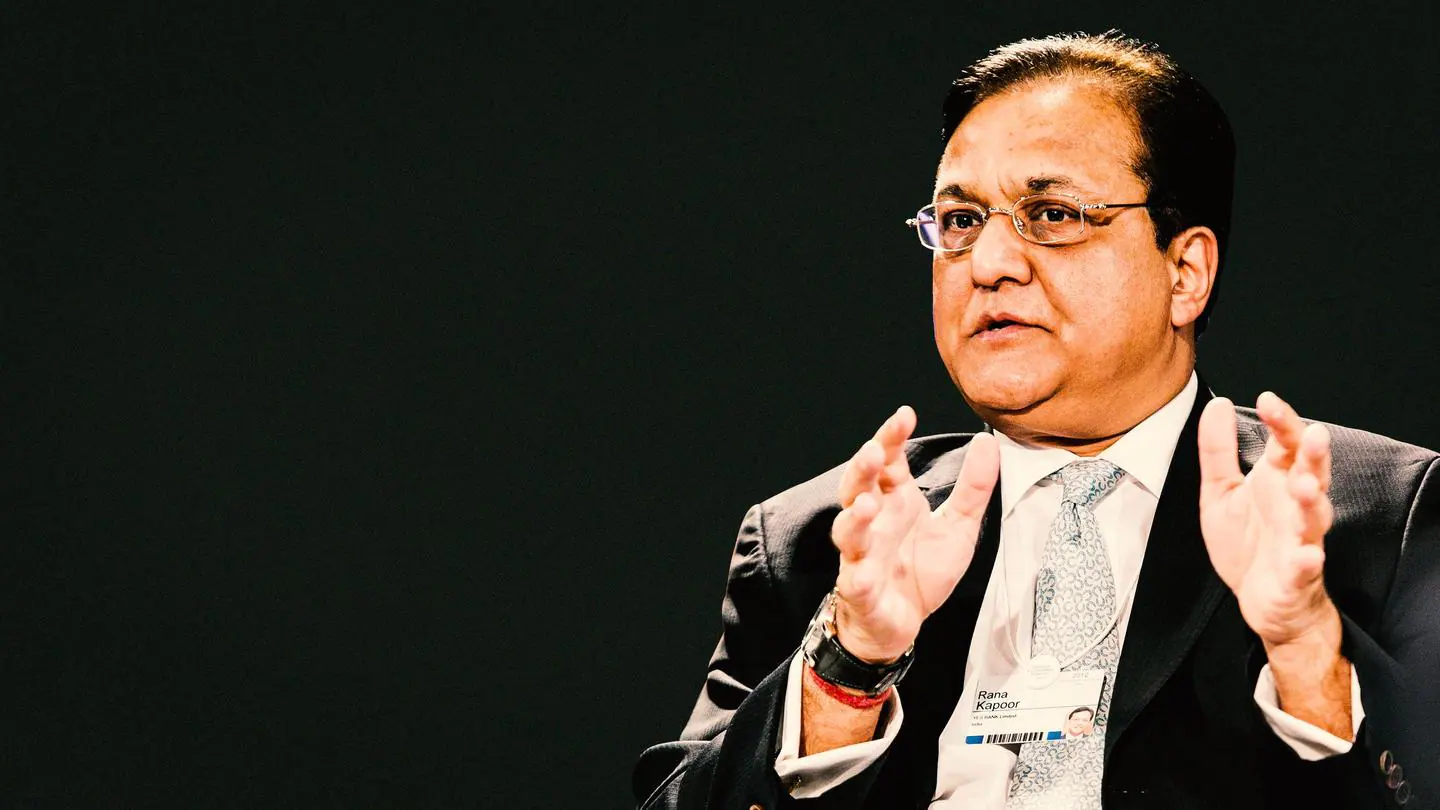Independent people from all walks of life, strive to make an impact on their world. This impact can be commercial, civic, financial, creative, and many more things. Rana Kapoor, the Founder and former Managing Director of Yes Bank, identified through his illustrious entrepreneurial journey, the four famous mantras – Dream, Create, Grow, and most importantly, Manage. The entrepreneurial process involves a journey of improvising and coping with uncertainty. Rana Kapoor’s journey consists of a series of innovative and improvised actions, leaving behind a legacy for many flourishing entrepreneurs.
After graduating from Delhi’s prestigious Shri Ram College of Commerce in 1977, Kapoor pursued MBA at Rutgers University in New Jersey. It was this stint that got him deeply inspired to pursue a banking career. After getting ample knowledge in banking and finance, Rana Kapoor decided to create something big in this sector, back in India. To gain experience and examine this model closely, he began his banking career as a management trainee at the Bank of America. With his promising trajectory, Rana Kapoor became the head of the whole banking business at Bank of America.
Intuition builder
After 15 years at BOA, Rana Kapoor embarked on his own venture. He left his job to face new challenges with an aim to create a business that will not only serve his passion, but also revolutionise the financial sector of India. In 1995, Kapoor, with his partners, chipped in the equity capital of Rs. 9 crores per person, thus owning 25 per cent of equity at RaboBank, India. This accounted for his first baby step into setting up a financial business which later on turned into a billion-dollar banking company – Yes Bank.
The bank was built by Rana Kapoor with the motive of ‘Building the finest quality Large Bank of the World in India.’ With over 17 years of expertise in the executive role of his professional career, Kapoor demonstrated his strength as an institution builder. He worked tirelessly and introduced programs to target and benefit various industries through banking solutions including the maritime sector, smart transport solutions, enhancing the Indian skill ecosystem, social banking, paper-free economy, tech-driven banking, reforming agribusiness, among many others.
Talent Manager
Rana Kapoor recognised various innovative HR initiatives and implemented them in his bank. His constant efforts and spending 60 per cent of time and energy on HR, differentiated the bank from other players in the industry. He knew that equipping and engaging valuable employees will optimize productivity and fuel the growth of the bank. Kapoor was able to hire the best in the industry through workforce planning, training and development, performance management, and succession planning. His talent management process consisted of seven steps – Recruit, Hire, Develop, Engage, Perform, Recognise, and Plan. In 2007, Rana Kapoor was facilitated with the ‘CEO with HR orientation’ award at the Times Ascent HR Excellence Awards for its human capital initiatives.
Job Creator
Having embarked on a professional entrepreneurial journey himself, Rana Kapoor believed in encouraging and developing entrepreneurial talent for the growth of Yes Bank. The Y-PEP program was one such initiative to develop entrepreneurial drive and skill development at the bank. It was designed to offer young professionals a range of capabilities and experiences to assist the bank’s future prospects.
In today’s dynamic knowledge economy, Rana Kapoor through his initiatives made people future-ready. Under his realm, Yes bank offered fast track career opportunities, learning and development initiatives. The bank followed and still follows the 5 C’s engagement model, introduced by Rana Kapoor – Culture, Communication, Connect, Career, and Care.
His words for budding entrepreneurs
Rana Kapoor says that there must be orbit-changing interventions when one goes through a life cycle of entrepreneurship. Simple as it may sound, a thin, lean and agile team with excellent frameworks is critical in building the productivity and agility of any institution. A start-up goes through many ups and downs. Undoubtedly, it’s easy to celebrate the ‘ups’, but dealing with the ‘downs’ decides the future of the company. In difficult times, a well-defined management team with clear focus, vision, and strategy will keep the boat sailing.




